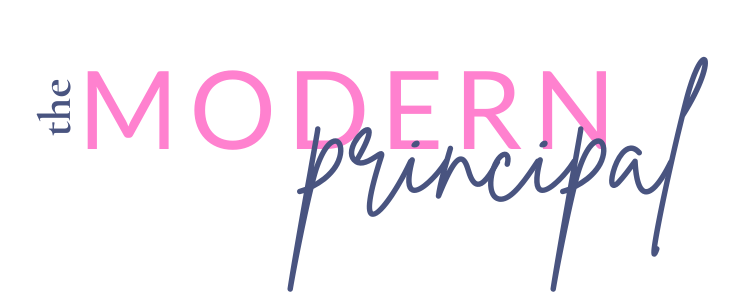The Big Homework Debate – Project-Based Learning Classroom

Unpopular Opinion: I Don’t Give Homework. I know, I know, what kind of teacher DOES NOT give homework? Are you crazy? How do you know your students are learning? These are just a few questions I get when the cat’s out of the bag and fellow teachers find out I do not give homework.
Yes, I understand, there are classes and subjects that require homework. But for my personal teaching style, homework does not improve student ability. Some background information about me; I teach Computer Applications, Graphic Design, and Sports and Entertainment Marketing at a Kansas City, MO High School. I used to give homework almost nightly, whether it be vocabulary, reviews, and practice or enrichment activities, there was always something for my students to do at home that night.
I realized though, that because I was an elective course, many times the homework would not get done. The excuse I received 9 times out of 10 was “I have homework in my other classes, and just did not have time to get to yours.” After a few years of fighting the homework fight, I finally caved. I was officially over tracking down missing work, no-named papers, and returning incomplete work back to students. I felt like they were learning LESS because they were not completing the homework.

I finally decided enough was enough and I made the switch to project-based learning, and let me tell you, this was a game changer! Instead of assigning daily assignments, I now assign weekly work. Normally, there is one day of instruction, and then they get the rest of the week to complete the project. In project-based learning, students are completing a project around whatever goals and objectives are required, all while getting to “choose their own adventure” in a sense. These students can adjust the project around their interests, and then hit the standards required without needing to complete homework.
Some examples of this is in my Sports and Entertainment Marketing class. I do have a few days of notes, but for the most part, the whole class run through projects. Some of our projects include the following: Picking a host city for the NCAA Tournament or Super Bowl, creating a beverage for a niche market, hosting a “Rock VS Jock” fundraising tournament, and picking and promoting a band.
Through this process, students must have “roles” they play, and each person takes part of the project. They always start by brainstorming as a group to get their ideas out. Then, they each divide up the tasks required; however, they need to stay in communication because the project will have to stay cohesive throughout. They then will dress up professionally, and present to “their boss” (AKA their teacher) the ideas and concepts they came up with.
This way of teaching has not only reduced stress on me with the amount of grading I have, but also the students on the amount of work outside of school they have for my course. I am not telling you to change your whole curriculum, but possibly reevaluate. How is your instruction impacting your students? Are there topics you teach currently that could be best taught through a project-based approach? Are there issues you have with students work completion? Are students struggling with your curriculum when they are home and have multitudes of questions when they return? Maybe project-based learning could be an option for you!
—————————————————————————————————————————————–
Darin Wisner of @millennialmomkc is a high school Business teacher in the Kansas City metro area.

She is also a DECA sponsor and coaches high school softball and basketball for her school. If you walked into her classroom, you would see students collaborating and growing as students through project-based learning. She is excited to share her day with you on October 6, 2020!
